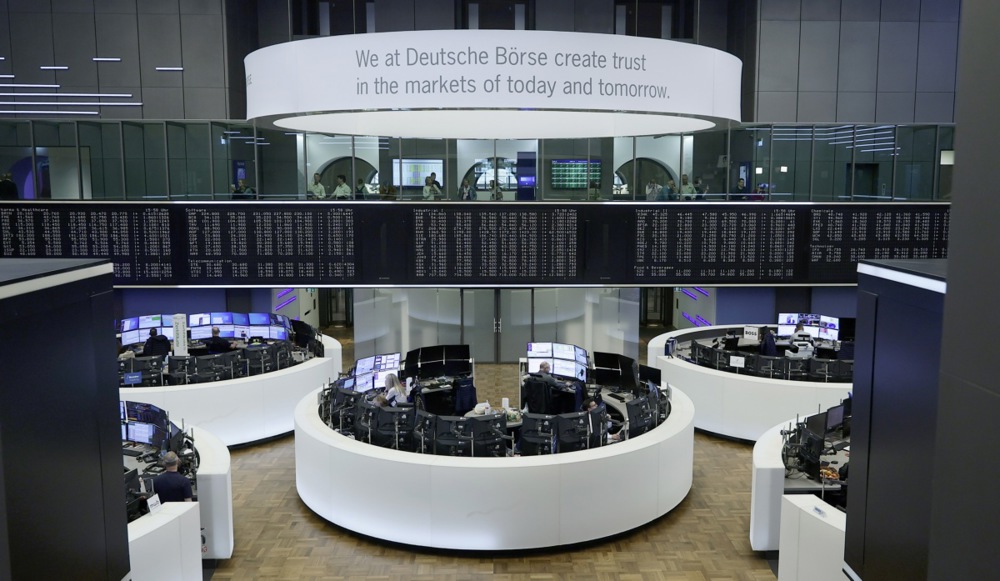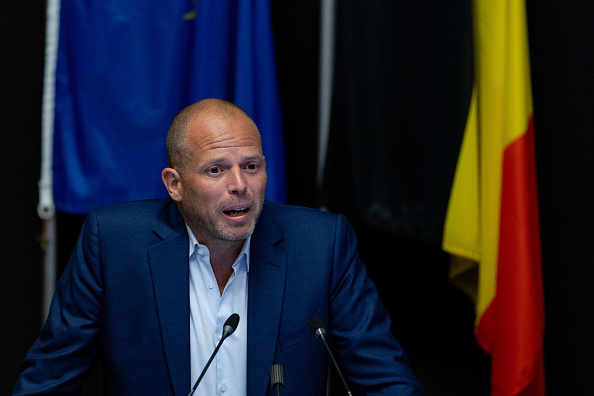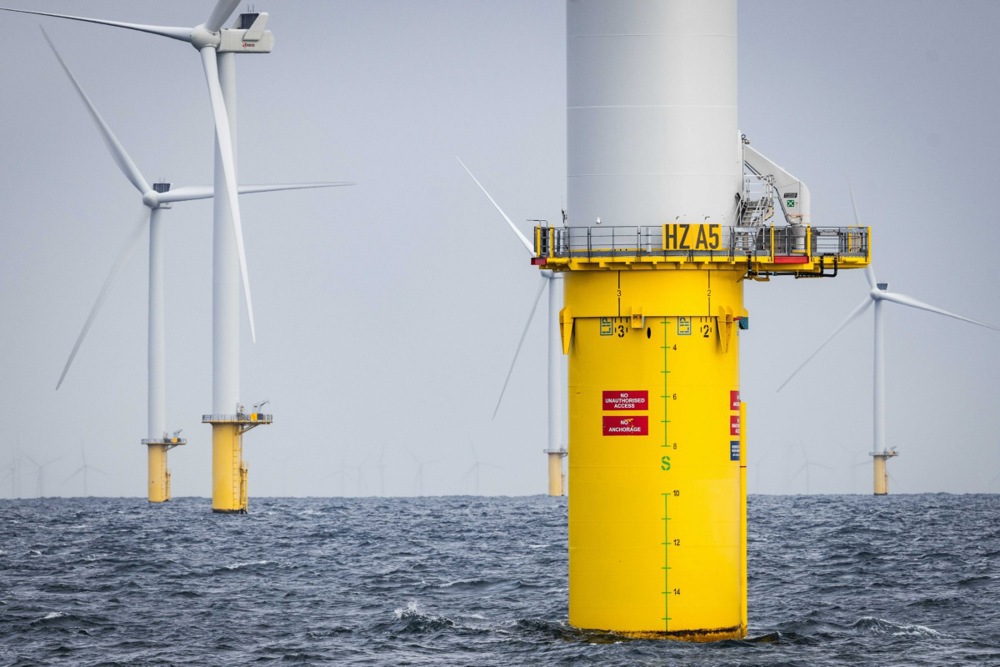Belgium and Germany have borne the brunt of a sharp downturn in Europe’s chemicals industry.
The sector has been shrinking fast; in April, Europe’s chemicals trade surplus had fallen by almost half, from €42.8 billion in March to €22.1 billion, according to a Eurostat June 13 report.
That drop pulled down the entire eurozone trade surplus, from €37.3 billion to €9.9 billion in April.
Hans Dewachter, chief economist at the Belgian bank KBC, told Brussels Signal on June 17 that chemical production in Europe was particularly exposed.
“Production processes in the chemical sector require a lot of energy. Much more energy needed to create chemical compounds than to make furniture, for instance,” he said.
The crisis has been driven by energy prices. Europe’s natural gas remained more than three times as expensive as in the US. This has wiped out the continent’s ability to compete on key chemicals such as ethylene, propylene and ammonia, experts said.
The European Chemical Industry Council (Cefic) reported that demand remained weak. German and US industrial customers were cutting back orders while European production remained well below normal levels. Cefic now expected chemical production growth of less than 0.5 per cent in 2025, sharply down from 2.5 per cent last year.
Chemicals are central to the Belgian and Germany economies. Both host large integrated chemical clusters that linked refining, petrochemicals, plastics and advanced manufacturing.
The sector directly supported thousands of high-paid industrial jobs and indirectly fed into industries including automotive, construction, pharmaceuticals and electronics. When the chemicals sector declined, entire regional industrial ecosystems were put under pressure.
In the Belgian city of Antwerp, TotalEnergies, a French multinational energy company, said it shut down one of its older ethylene crackers in 2027 after years of low utilisation.
Tom Claerbout, public affairs director at TotalEnergies, said the closure followed ExxonMobil’s cancellation of a crucial purchase contract. “It is a decision based on supply and demand,” he said.
Ivan Pelgrims, European director at Evonik, a global chemicals company headquartered in Germany, warned in May that Europe risked losing its industrial base if rules were not adjusted. He called for equal carbon taxes on imported products and domestic production, with the revenues invested in “green” technology.
Dewachter said Belgium and Germany were especially vulnerable because of their industrial structure.
Both relied heavily on energy-intensive sectors such as chemicals. Higher labour costs added to the disadvantage. “Belgium and Germany are very energy intensive. Germany even more,” he said.
The European Commission has launched an import surveillance task force. On April 7, European Commission President Ursula von der Leyen announced that the system would monitor customs data to flag sudden increases in low-priced imports. The most recent data, published in May, showed chemicals among the most exposed sectors, particularly from China, India and the US.
TotalEnergies was still investing to adapt its Antwerp site. A new green hydrogen project was planned to be operational by 2027.
Ann Veraverbeke, site director, said ongoing investments were needed to keep the platform competitive.





